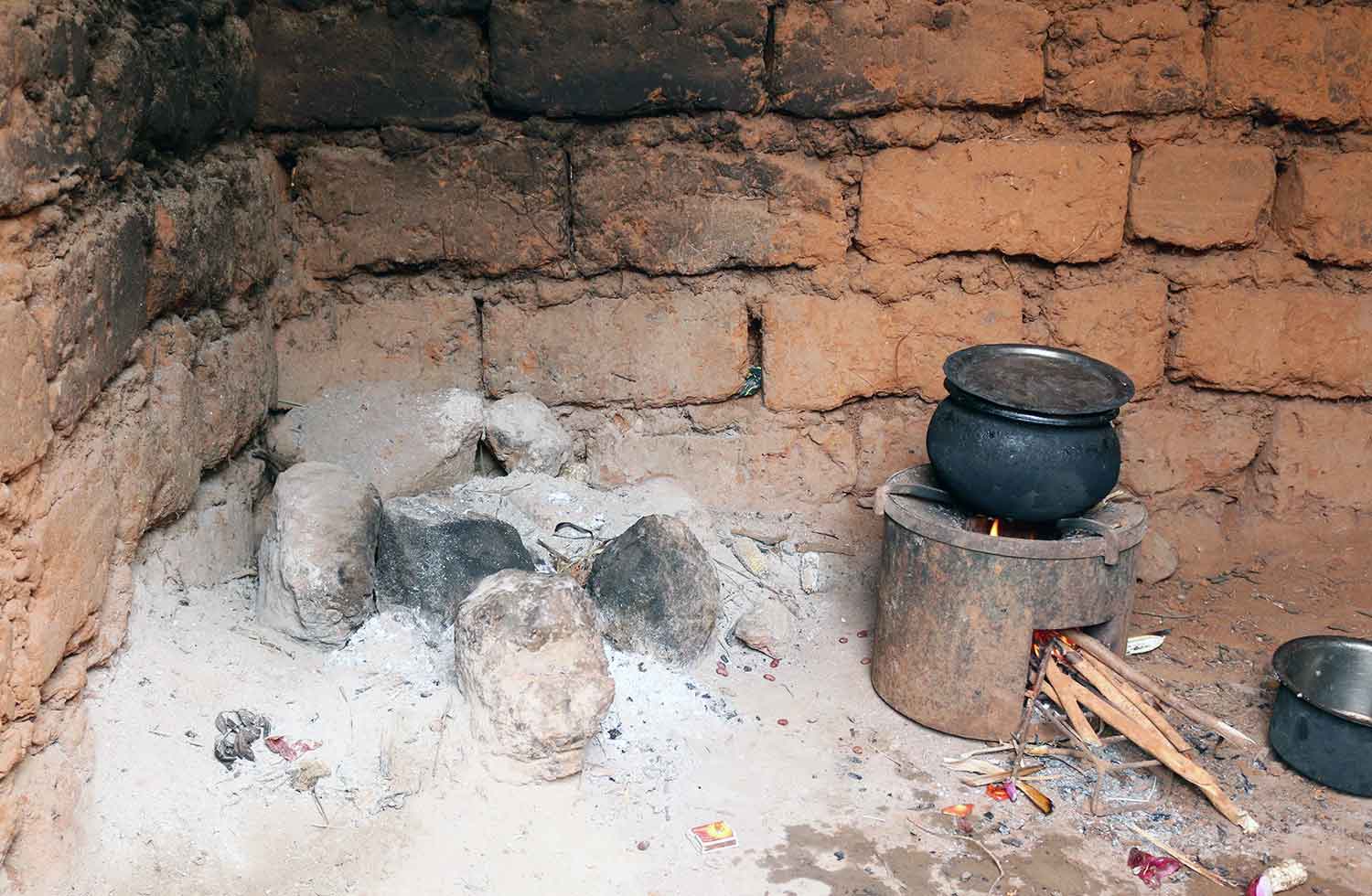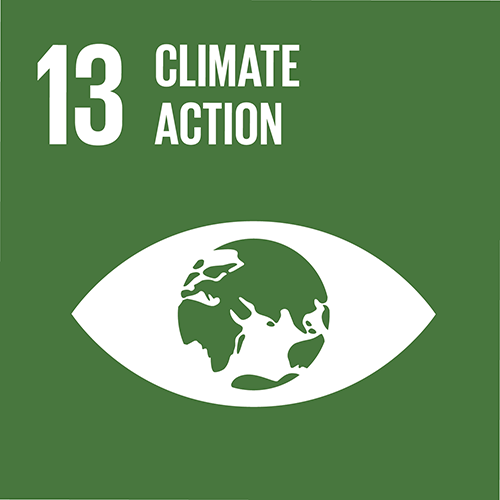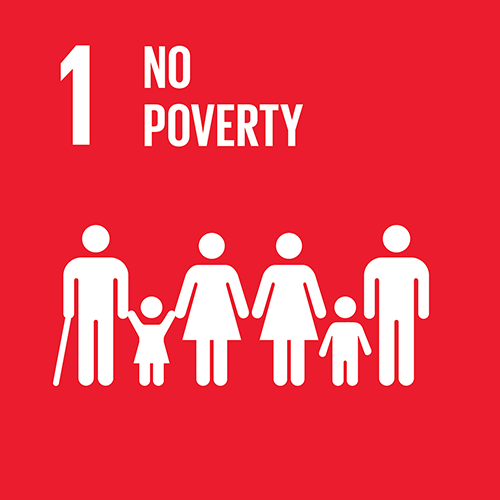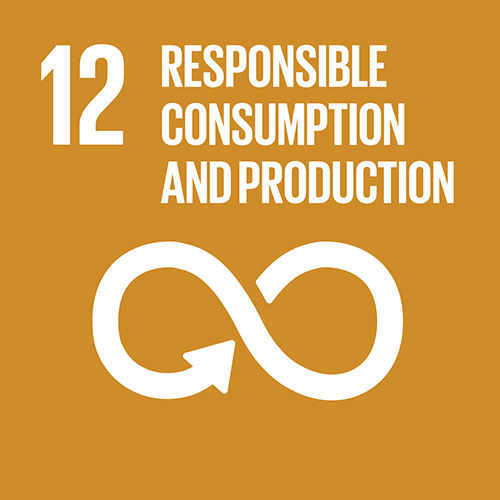Stoves reduce Pressure on Mountain Gorilla Habitat in Rwanda
Project type: Efficient cook stoves
Project location: Rwanda
Project status: In operation, no credits available
Annual emission reduction of the whole project: 44,128 t
A reduction in the use of firewood means reducing pressure on habitat for endangered animals, less deforestation, reduction in greenhouse gases being released into the atmosphere, more time and money, and improved health for women and girls in Rwanda! This can be achieved with the subsidised sale of energy efficient cook stoves to families around the Volcanoes National Park in North-West Rwanda.
Rwanda – the land of a thousand hills – is Africa's most densely populated country. The ever increasing use of wood by the growing population, not least due to migration from the already deforested regions, is jeopardising the unique rainforest ecosystem. The population of Virunga mountain gorillas, made famous largely by Dian Fossey, which live in the mountain cloud forests of the Virunga volcano, located in the Volcanoes National Park in the North West of Rwanda, are critically endangered due to the deforestation. One of the factors that is adding additional pressure on the gorilla habitat is the intensive use of wood for cooking on traditional but inefficient open three-stone fires.
The answer to reducing the pressure from fire wood collection in the area is optimizing the burning process. myclimate project partner Likano has therefore been developing a locally produced, efficient cook stove model in collaboration with the local population which uses two thirds less firewood than the conventional open three-stone fireplaces. Thanks to the up to 12,000 efficient cook stoves distributed by the project, the demand for firewood from the families who live in 12 communities around the national park has been reduced by up to 70 percent. This not only ensure that the habitat of the mountain gorillas is preserved, but also absorb CO₂ which would otherwise make its way into the atmosphere through burning.
In addition to the reduced pressure on the habitat of mountain gorillas and the CO₂ savings, the project is also changing the lives of women and girls especially. They will spend far less time and money procuring firewood – work which has traditionally been the domain of women. Thanks to the more efficient burning, they are also less exposed to the harmful soot particles from the open fires.
There is less smoke gas in the huts now. My eyes are no longer red and my lungs are no longer aggravated. I am only paying 50 Rwandan francs (approx. 5 euro cent) per day for firewood – a sixth of what I was previously paying.
The technology – efficient cook stoves
The efficient cook stove reduces the cooking time by half. Families therefore gain at least an hour a day which is available for farming and other activities. Everything needs to be done during daylight hours. Most people living in the huts around the national park do not have electrical lighting.
A huge advantage of the new cook stove is the time saving it provides. I can now weave baskets and sell them in my own shop.
The principal part of the stove is a clay cylinder, which acts as a chimney, providing good burning. A special insulation mixture made from local avaiable clay and coffee husk residues in the core stores the heat. A sturdy metal covering protects the outside of the stove and its heavy weight of more than 20 kilos is the basis for its long life. The coffee husk residues are purchased from the coffee farmers in the region and offer them an additional income.
Providing my people with a sustainable improvement to their daily life and at the same time protecting the fragile ecosystem, the home of the mountain gorillas, makes me very proud.
What exactly are the CO2 funds used for?
This project considers itself to be an extension to the governmental and NGO protection measures to help the rain forests. Money from contributions to climate protection is being used for the local production of the ovens and their subsidised sale to households. Regular visits and trainings to the families represent the basis for optimal, long-term use of the stoves.
The close partnership with the IGCP (International Gorilla Conservation Program) provides a focus for protecting the mountain gorillas on an annual basis. This includes, for example, training the rangers, awareness programmes or repair works to the stone walls which mark the boundary of the Volcanoes National Park.
Project partners and implementers
The project was started up by Likano, an Austrian company with plenty of experience in implementing climate protection projects and a focus on initiatives to upgrade cook stoves. The stoves are matched carefully to the requirements and cooking habits of the families, with details like the diameter of their pots and pans being taken into account. On the ground, the project is implemented by a local NGO called Rwanda for Peace and Progress – an experienced project partner that Likano has been working with for many years. The direct contact in the field is a field officer who is on hand to help the households with guidance and advice.
Monitoring, reporting and verification (MRV)
The project is registered under the Gold Standard certification programme. Gold Standard climate protection projects are monitored on an ongoing basis, meaning that the cook stoves are checked to ensure they are fully functional and in use. The associated monitoring report is verified by an independent auditor – Sustain Cert in this case – and submitted to the Gold Standard as a verification report. You can find more information under ‘Documentation’. The strict monitoring procedures, training and local support help to maintain high quality standards throughout the project, ensuring that the cook stoves are used and early action can be taken if repairs or additional training are required. This ensures that the project is successful in the long term and that the emissions reductions generated by the project are correct.
This project contributes to 9 SDGs*
*as at the end of 2023. Find out how myclimate reports these SDGs in our FAQ.
The following SDGs are verified by the Gold Standard:
Less respiratory and eye issues
10,200 efficient subsidised stoves are distributed and in use at the moment.
32,609 tonnes of CO₂ are avoided every year.
These SDGs have been approved by myclimate:
Households save on average EUR 171 per year on firewood.
Women save 72 minute per day in the procurement of firewood, during which additional income can be earned.
The project created 2 permanent jobs on site, and during the monitoring phase 20 locals were employed for two weeks to carry out surveys.
The stoves are made of locally sourced, recyclable materials.
17,500 tonnes of wood per year are spared, which decreased deforestation and help to protect the habitat of many endemic animal and plant species.
Situation without project
Deforestation endangers the habitat of the mountain gorillasDocumentations
Project standard

Project number
7213

















